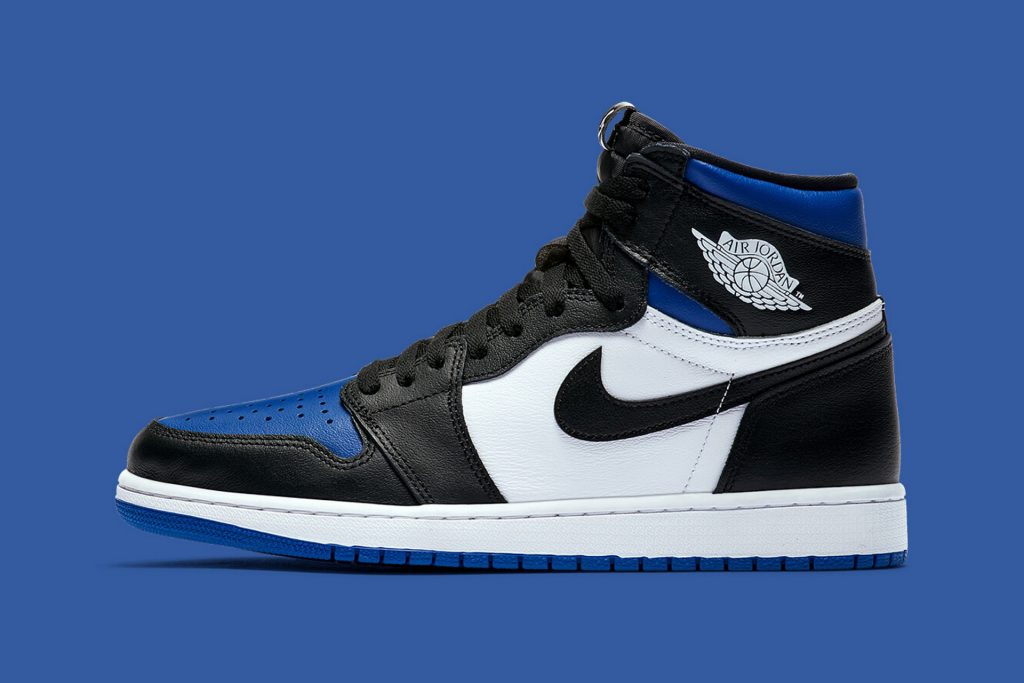Nike Opening Dedicated Air Jordan Stores
Nike Opened Its First store dedicated to its popular Jordan brand in Japan called Jordan World of Flight Shibuya.
This article is more than 2 years old

Nike is trying a whole new strategy to grow sales through its direct-to-consumer (DTC) channels. The athletic apparel giant is building entire stores dedicated to a single notable brand. Last weekend, Nike opened a 9,200-square-foot Jordan brand-only store in Japan called Jordan World of Flight Shibuya.
Nike is calling it “the pinnacle of Jordan Brand culture at retail,” and it features a customization station for its wall-to-wall lineup of Jordan Brand products. Customers can also take advantage of convenient pick-up services, spend time in the content creation studio, and relax in the Flight Lounge. Jordan World of Flight Shibuya is the second such retail location for the brand, as Jordan World of Flight Milan opened in Italy last December.
According to ModernRetail, the Nike brand-centric stores are part of the company’s decision to move away from its wholesale and marketplace channels. Now, Nike is devoting more resources to its own brick-and-mortar stores, website, and app. This move enables the company to keep tighter control of its inventory and keep a larger percentage of product sales.
Nike’s adaptation of this business model began in 2017 with an announcement that the company would narrow its list of select retail partners. The list was cut to just 40 partnerships. In 2022, Nike also cut its ties to Urban Outfitters and DSW.
Nike is already the owner of dozens of Converse outlet locations in 28 states and has a Converse flagship store in both Boston and New York City. According to NASDAQ News & Insights, the company purchased Converse in September 2003 for $315 million, two years after Converse filed for bankruptcy. Nike is credited for diversifying Converse’s portfolio and expanding its footwear offerings.
A post-pandemic return to physical shopping has presented a good opportunity for Nike to eliminate the middleman and drive shoppers directly to its own DTC stores. The company has already piloted other Nike store formats, including Nike Live, a smaller, neighborhood-centric shop. Nike Rise is also locally focused but built on a larger scale, offering more data and in-store events.
Nike Style is another store format that launched last summer. It includes a content studio and a selection of gender-agnostic products. Nike’s House of Innovation stores in New York, Shanghai, and Paris are huge locations devoted to the brand, offering several stories of the Nike direct shopping experience.
Analysts are praising the shoe retailer for its new approach to DTC sales. Brad Jashinsky, director analyst at Gartner, told Modern Retail that Nike has done “a really nice job” of tailoring their stores to fit local preferences. “I think it allows them to tell a story more about those specific products and connect more with that consumer,” he said.
Rebekah Kondrat, founder of Rekon Retail, told Modern Retail that the data the shoe giant has collected through its various store offerings help them decide what to build next. She said that the company is likely thinking, “We want to essentially go not only where our customers are, but also get very specific about the inventory that we’re putting out to that customer to give the store a higher likelihood to succeed.” However, excess inventory has been a problem for Nike as it reported still having $8.9 billion in inventory last quarter.
Focusing on Jordan Brand stores is likely to fatten Nike’s bottom line as it made $5.1 billion in annual revenue during the fiscal year 2022. Nike EVP Matt Friend said in a March earnings call that the Jordan Brand had “strong double-digit growth” and “incredible momentum.” He added that the brand has grown among women, and has “even greater potential, with a path toward becoming the number two footwear brand in North America.”





